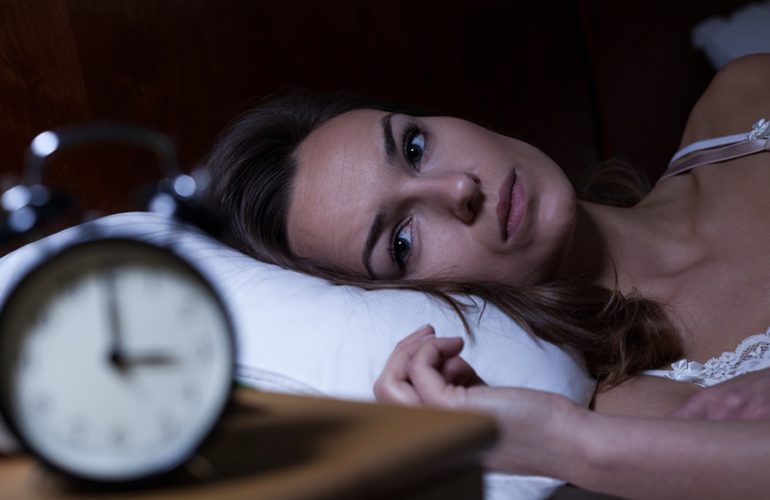[seasidetms_row][seasidetms_column data_width=”1/1″][seasidetms_text]
There are far too many common misconceptions and myths concerning sleep, and being experts in the field, we hear them quite frequently. Sometimes, they can be written off as “old wives’ tales,” but there are other times the inaccurate information can turn out to be serious and even dangerous. To this end, we have decided to create this article that will hopefully separate the facts from the fiction when it comes to common myths about sleep.
Here’s one big myth that needs to be shredded already: Health problems such as diabetes, obesity, hypertension and depression are not related to the quality and amount of sleep a person gets. The truth is this – numerous studies of a scientific nature are uncovering connections between insufficient sleep and/or sleep of “poor quality” with a plethora of issues, including diabetes, depression and hypertension. When the body doesn’t get enough sleep, it may be robbed of its ability to utilize insulin, which can, of course, lead to diabetes; additionally, lack of sleep affects the secretion of growth hormones linked to obesity.
Another myth that can be classified as pure fiction is that as we age, the less sleep we require; to the contrary, medical professionals suggest seven to nine hours of total sleep time for the average adult. As humans age, sleep patterns evolve and change, yet the amount of sleep we typically require does not. Now, it is true that older adults may wake with additional frequency through the night and may actually experience less after-dark sleep, but their demand for rest isn’t dissimilar to that of younger adults.
Here’s a fact that isn’t given enough attention but is wholeheartedly true: Snoring is more common than most people think and can, in fact, be harmful. Snoring is the number one symptom of sleep apnea, a sleep disorder that is related to other medical conditions like cardiovascular disease and is often defined by episodes of limited or zero airflow all throughout the sleep period. A common shared experience by those who suffer with sleep apnea is frequently waking up during the night, gasping for breath.
Another fact worth mentioning: Teenagers require more sleep than adults. That’s right – teens require at least 8.5 to 9.25 hours of sleep each night compared to an average of seven to nine for most adults. This is because a teenager’s internal biological clock can allow them to stay awake later into the night while having an effect on morning waking.
It is also a myth that insomnia is characterized only by an individual having trouble falling asleep; the fact is that there are four factors generally associated with the sleeping disorder:
- Difficulty falling asleep
- Waking up earlier than usual and experiencing difficulty in getting back to sleep
- Frequent awakenings
- Waking up feeling unrefreshed
If you have been having difficulty sleeping, see for yourself why Sweet Sleep Studio is often called the sleep doctor of Kansas City (and the sleep specialist of Kansas City). Please call (913) 309-5963. We are ready to help you get a good night’s rest.
[/seasidetms_text][/seasidetms_column][/seasidetms_row]




